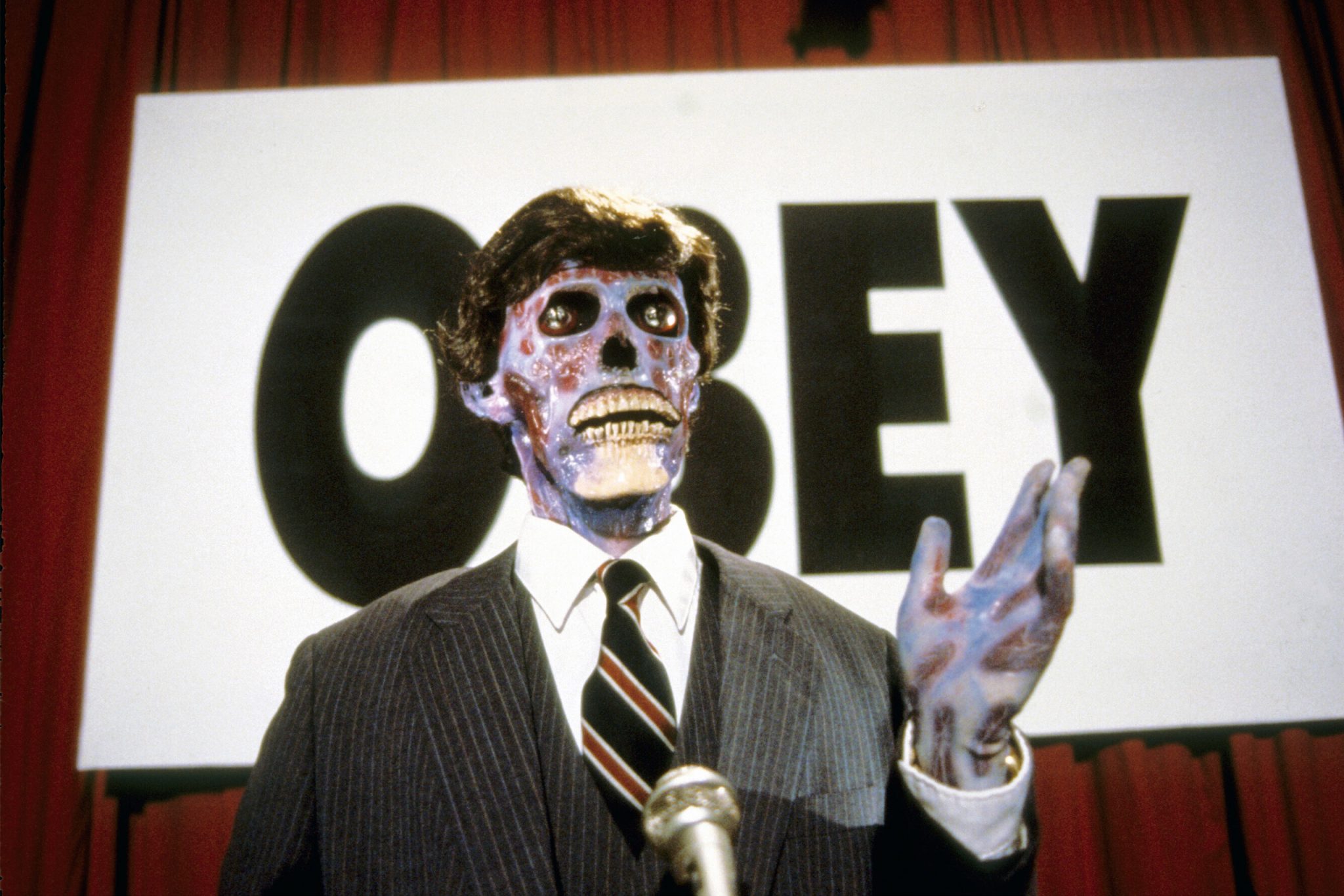
Aliens, Capitalism, and Mind Control The Deep Themes of They Live
Aliens, Capitalism, and Mind Control: The Deep Themes of They Live
John Carpenter's "They Live" is a film rooted in both science fiction and a biting critique of contemporary society. Released in 1988, the film follows the story of a drifter, Nada, who discovers that aliens have infiltrated Earth and are manipulating humanity through subliminal messaging and consumerism. While initially brushed off as a cult classic, the layers of societal commentary embedded in the film have gained renewed interest, making it relevant in our current socio-political climate. The film exposes the deep-seated issues of capitalism and control, raising questions about reality, power, and the extent of manipulation in consumer culture.
Alien Influence as a Metaphor for Capitalism
At its core, "They Live" serves as a critique of capitalism and its ability to distort reality. The aliens in the film represent the unyielding grip of corporate greed and the indifference of the elite towards the struggles of the working class. The subliminal messages that control humanity, promoting consumerism and conformism, symbolize the way capitalist systems often prioritize profit over people. The characters' realization that the world is not as it seems forces viewers to confront the pervasive influence of commercialism in their own lives. Carpenter's depiction of advertisements promoting blind consumption serves to highlight how society often acquiesces to an alien influence that prioritizes profit above individual freedom.
The Nature of Control and Resistance
The film's theme of mind control is not only pertinent to the manipulation wielded by aliens but also reflects on the psychological hold that society has over individuals. The infamous line, "I have come here to chew bubblegum and kick ass... and I’m all out of bubblegum," signifies the awakening of Nada as he embraces his agency against an oppressive system. This physical and metaphorical confrontation embodies the struggle against control, a theme that resonates with movements and individuals challenging societal norms today. The film urges viewers to take off their metaphorical sunglasses and confront the uncomfortable truths of conformity and complacency that allow such manipulation to persist.
Pop Culture and Merchandising: A Double-Edged Sword
Ironically, even as "They Live" critiques consumer culture, it has spawned a variety of merchandise that reflects its iconic status in pop culture. John Carpenter's "They Live Merch," including t-shirts, action figures, and collectibles, serves as a testament to the film's impact and legacy. This merchandising phenomenon raises another layer of irony: while the film warns against blind consumption, the very merchandise associated with it can become a form of commodification, thus reinforcing the cycles of capitalism it seeks to critique. Consumers may find themselves participating in the very system the film denounces, creating an interesting discourse about the role of pop culture in our understanding of societal issues.
The Continued Relevance of They Live
Even decades after its release, "They Live" remains a powerful commentary on the often invisible systems of control that dictate society. The film prompts viewers to consider how easily one can become a pawn in a game of profit and power, echoing contemporary conversations around surveillance, consent, and consumer data. The resurgence of interest in the film, alongside the array of John Carpenter's "They Live Merch," serves as a reminder that cultural products can both challenge and, inadvertently, perpetuate the very issues they aim to critique. In an era where capitalism continues to evolve, the themes of "They Live" challenge us to remain vigilant, aware, and above all, ready to resist the forces that seek to control our reality.
.png)








